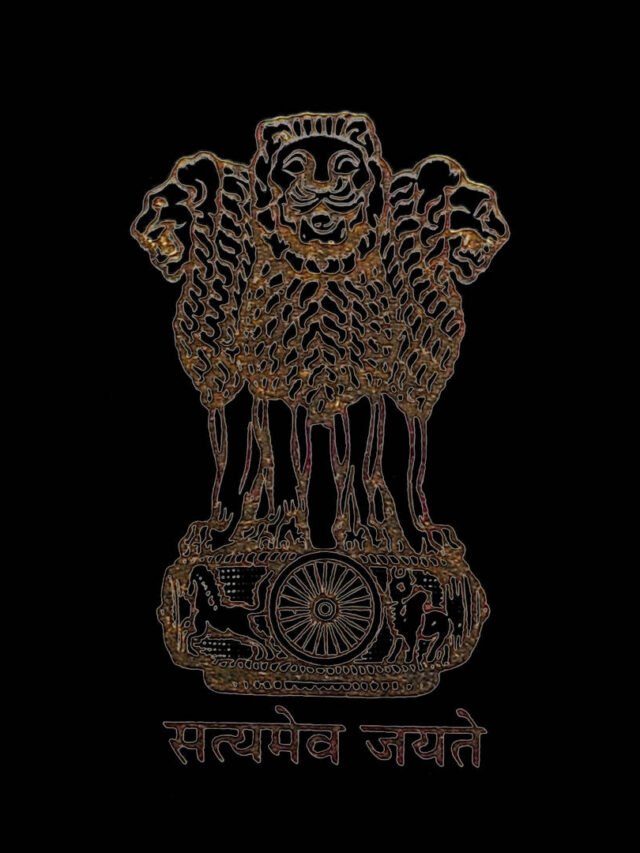The Law Commission of India is indeed an essential institution for legal reforms in the country, and your article provides a comprehensive overview of its functions, history, and recent activities.
The Law Commission of India is an executive body established through a government order. Its primary role is to conduct legal research and provide recommendations for legal reforms. The commission consists of legal experts and is typically led by a retired judge. It operates for a fixed term and serves as an advisory body to the Ministry of Law and Justice.
The origins of the first Law Commission can be traced back to colonial India when the East India Company established it under the Charter Act of 1833, with Lord Macaulay as its head. Subsequently, three more commissions were established during British rule. In independent India, the first Law Commission was formed in 1955 for a three-year term, and since then, 21 more commissions have been established.
The most recent chairman of the Law Commission was retired Supreme Court judge Justice B.S. Chauhan, whose tenure ended on August 31, 2018. However, the commission has not been reconstituted since then. In February 2020, the Indian government expressed its intent to reconstitute the commission, and the Supreme Court of India is currently addressing a petition challenging the delay in appointing members to the 22nd Law Commission.
Notably, on November 7, 2022, Justice Rituraj Awasthi, former Chief Justice of the Karnataka High Court, was appointed as the chairperson of the 22nd Law Commission. The commission’s members include Justice KT Sankaran, Prof. (Dr.) Anand Paliwal, Prof. DP Verma, Prof. (Dr.) Raka Arya, and Shri M. Karunanithi.
This recent development marks the reconstitution of the Law Commission after a period of hiatus and underscores its role in shaping legal reforms in India.
Nature and Composition
- The Law Commission is an executive body established by the government for a fixed tenure.
- It acts as an advisory body to the Law Ministry and is neither a statutory nor a constitutional body.
- It comprises legal and judicial experts, including a Chairperson and other members, with ex-officio members from the Law Ministry.
History of the Law Commission of India
- Law Commissions in India have a pre-independence origin, with the first one formed in 1834.
- The recommendations of the first commission led to the codification of penal and criminal procedure laws.
- Three other law commissions were established before independence by the British government.
- After independence, the first Law Commission was constituted in 1955 to continue the tradition of law reforms.
Functions
- The Law Commission’s primary function is to conduct legal research and review existing laws for reforms.
- It identifies and recommends the repeal of obsolete laws.
- It suggests changes to laws that are not in line with the current economic and social climate.
- The Commission also considers suggestions from other ministries regarding law revision or amendment.
- It recommends measures for the speedy redressal of citizens’ legal grievances.
- Studies laws affecting the poor and socio-economic laws, and recommends necessary changes.
- Suggests new laws to implement Directive Principles of State Policy (DPSPs) and the Constitution’s objectives.
- Provides views on any matter related to law and judicial administration referred to it by the Law Ministry.
- Works on simplifying procedures, eliminating technicalities, and improving the standards of justice administration.
- Conducts research for foreign countries as requested by the government.
- Studies existing laws concerning gender equality and globalization’s effects on various aspects of society.
21st Law Commission
- The 21st Law Commission of India served from 2015 to 2018.
- It was chaired by former Supreme Court judge Balbir Singh Chauhan.
- During its tenure, the commission submitted 15 reports to the government, covering various topics such as human DNA profiling, hate speech, contempt of courts, marriage registration, sports betting, and more.
- Its final report was titled “Wrongful Prosecution (Miscarriage of Justice): Legal Remedies.”
Overall, the Law Commission of India plays a crucial role in legal reform, ensuring that laws are relevant, just, and in line with the changing needs of society. It serves as an important institution for maintaining the rule of law and promoting justice in the country.
Frequently asked question
What is the Law Commission of India, and what is its primary function?
The Law Commission of India is an executive body established by the government to conduct legal research and recommend reforms in existing laws. Its main function is to review and suggest changes to laws in the country.
Is the Law Commission a constitutional body?
No, the Law Commission is not a constitutional body. It is an executive body formed by the government for a fixed tenure to advise on legal reforms.
What are the functions of the Law Commission?
The functions of the Law Commission include conducting legal research, recommending the repeal of obsolete laws, suggesting changes to outdated laws, considering suggestions from other ministries for law amendments, and providing views on matters related to law and judicial administration.

























